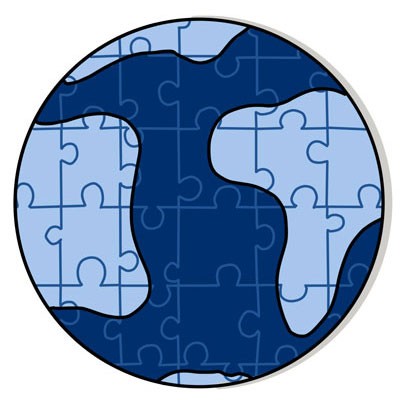- What We Do
- Agriculture and Food Security
- Democracy, Human Rights and Governance
- Economic Growth and Trade
- Education
- Ending Extreme Poverty
- Environment and Global Climate Change
- Gender Equality and Women's Empowerment
- Global Health
- Water and Sanitation
- Working in Crises and Conflict
- U.S. Global Development Lab

USAID is a global leader in creating the evidence base on the impact of health systems strengthening interventions. The Health Data Collaborative is a joint effort of USAID, partner countries, the World Health Organization, development agencies, and academics to improve the availability, quality and use of data for local decision-making and tracking progress toward the Sustainable Development Goals (SDGs). The SDGs are an ambitious set of targets adopted by world leaders in 2015 that envision a world with zero poverty, shared prosperity and security by 2030. The Health Data Collaborative works to empower countries to achieve the targets of Goal 3: ensuring healthy lives and promoting wellbeing for all at all ages by helping decision makers better target resources for effective results.
Achieving these goals will require accurate and timely data to inform programming and policy. Globally, health data are not collected consistently, making it difficult to track health improvements in health, health system performance, or capacity across countries. Without timely and reliable data, creating programs and policies that will improve health and help people live more productive, healthier lives is challenging. The Health Data Collaborative addresses these challenges by aligning financial and technical resources in global health around a common agenda for measurement and accountability. By 2024 the Health Data Collaborative aims to strengthen the capacity of 60 low income and lower-middle income countries to collect, analyze, and use health data and that countries will transition away from international assistance by 2030.
USAID investments include strengthening health information systems through the MEASURE Evaluation and the interoperability of the Demographic and Health Surveys as well as supporting the West African Digital Health Task Force.







Comment
Make a general inquiry or suggest an improvement.